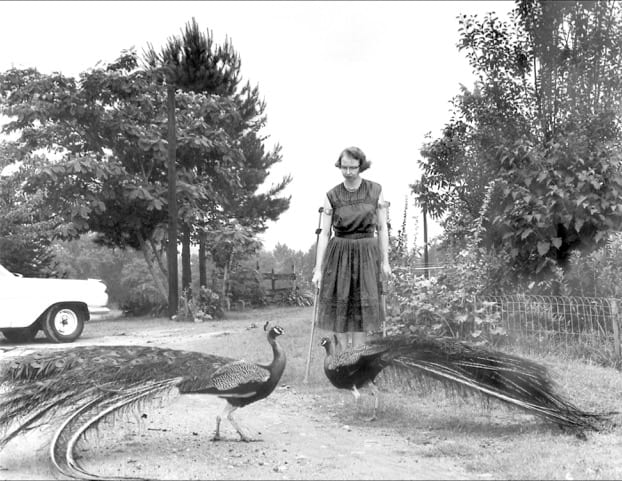Greetings from Buffalo, NY, USA. Today begins Passover, and tomorrow begins the Christian Triduum. For many across the world today, these traditions are bittersweet to say the least. As of this writing, the United States – currently the epicenter of the COVID-19 pandemic – just reported its highest daily death rate yet; in Spain, deaths had declined but are on the rise again.
We will not be gathering for public worship this year. While I am fortunate to be spending this Holy Week in my childhood home with my elderly parents for the first time in five years, I am sad that we will not be able to participate in most of our beloved traditions: Holy Thursday pilgrimage to seven churches, outdoor Stations of the Cross on Good Friday, a blessing of Easter baskets on Holy Saturday, the Easter liturgy, and Dyngus Day (a Polish-American Easter Monday post-Lent Carnival that Buffalo has become known for).
Nevertheless, in the midst of a global pandemic, we are called to celebrate everything this season stands for: death and resurrection, hope for new life. Faced with a frightening situation that none of us have experienced before, we Christians are called to reaffirm our faith in the Paschal Mystery, which remains real and true in every circumstance.
Passolver and Easter, which both recall terrible suffering followed by grace and redemption, have been celebrated in all sorts of circumstances for a very long time. People have celebrated these festivals during other plagues. Last year, Easter was marred by violence in Sri Lanka. For many people around the world, it is just another time of hardship that they endure all year long.
A dear friend recently directed me to this passage from The Orthodox Way by Bishop Kallistos Ware. This anonymous letter was written by a Christian gulag prisoner in the Soviet Union. I offer it as a meditation for all of us during this holiest of weeks.
It is only by being a prisoner for religious convictions in a Soviet camp that one can really understand the mystery of the fall of the first man, the mystical meaning of the redemption of all creation, and the great victory of Christ over the forces of evil. It is only when we suffer for the ideals of the Holy Gospel that we can realize our sinful infirmity and our unworthiness in comparison with the great martyrs of the first Christian Church. Only then can we grasp the absolute necessity for profound meekness and humility, without which we cannot be saved; only then can we begin to discern the passing image of the seen, and the eternal life of the Unseen.
On Easter Day all of us who were imprisoned for religious convictions were united in the one joy of Christ. We were all taken into one feeling, into one spiritual triumph, glorifying the one eternal God. There was no solemn Paschal service with the ringing of church bells, no possibility in our camp to gather for worship, to dress up for the festival, to prepare Easter dishes. On the contrary, there was even more work and more interference than usual. All the prisoners here for religious convictions, whatever their denomination, were surrounded by more spying, by more threats from the secret police.
Yet Easter was there: great, holy, spiritual, unforgettable. It was blessed by the presence of our risen God among us – blessed by the silent Siberian stars and by our sorrows. How our hearts beat joyfully in communion with the Great Resurrection! Death is conquered, fear no more, an eternal Easter is given to us! Full of this marvellous Easter, we send you from our prison camp the victorious and joyful tidings: Christ is risen!
– Letter from a Soviet concentration camp
Passover and Holy Week blessings to all.















